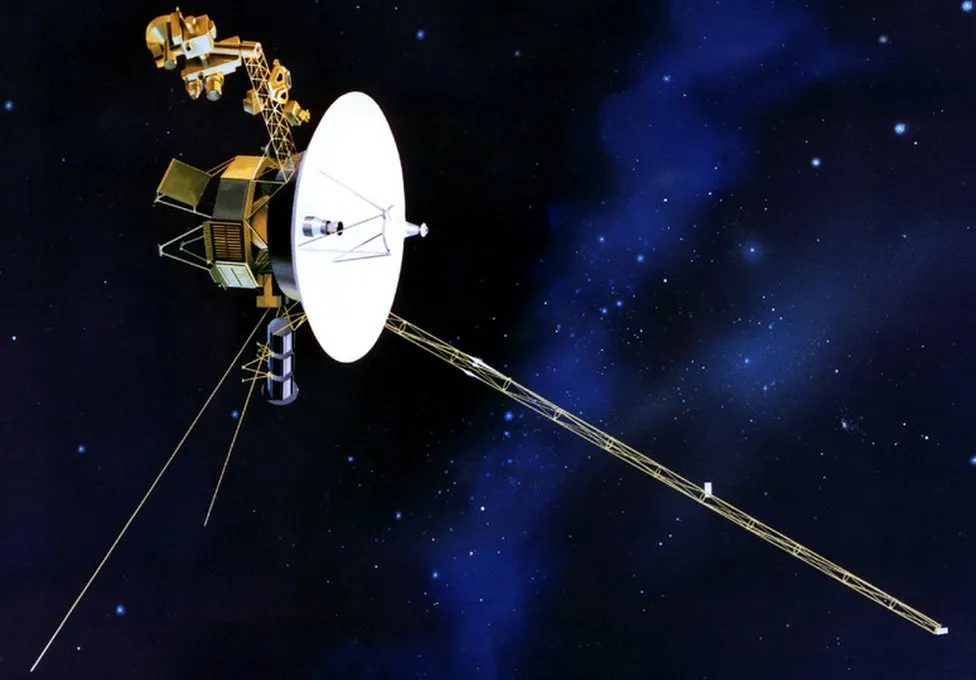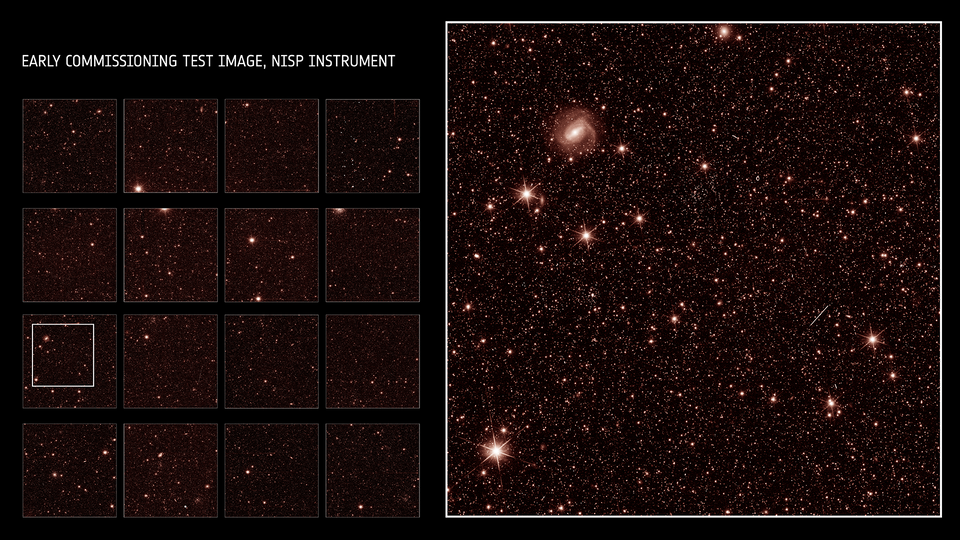Shakesy
WW Head of Recruiting
More bread is being createdAlso your analogy is saying more bread is being created between the raisins. So it isn't stretching as the density remains constant.
Imagine if you will a balloon half blown up with dots all over. Now blow up the balloon to full, the dots don't move but the balloon expands and stretches.
Is it bread or a balloon

 crazy isn't it!
crazy isn't it!
